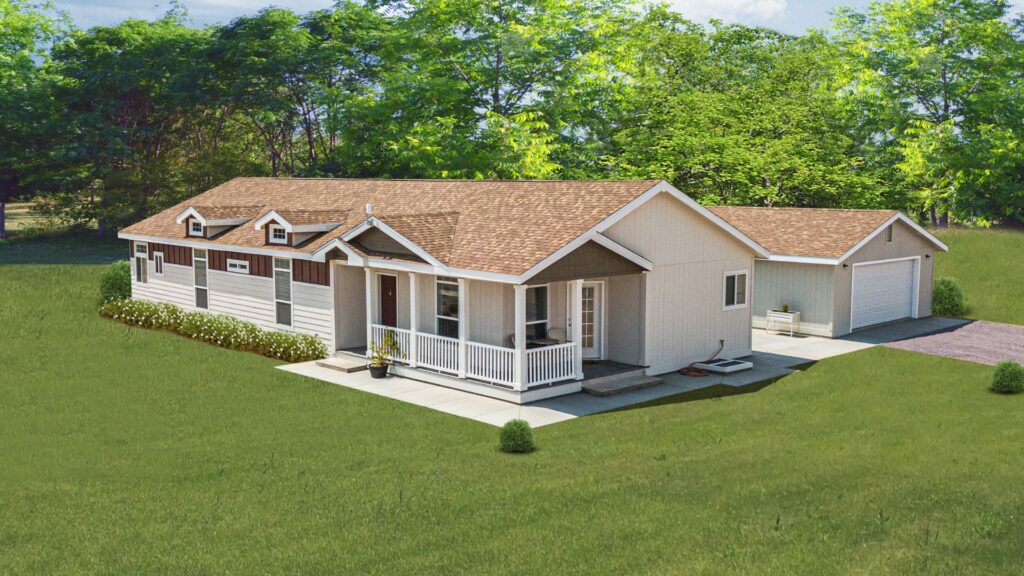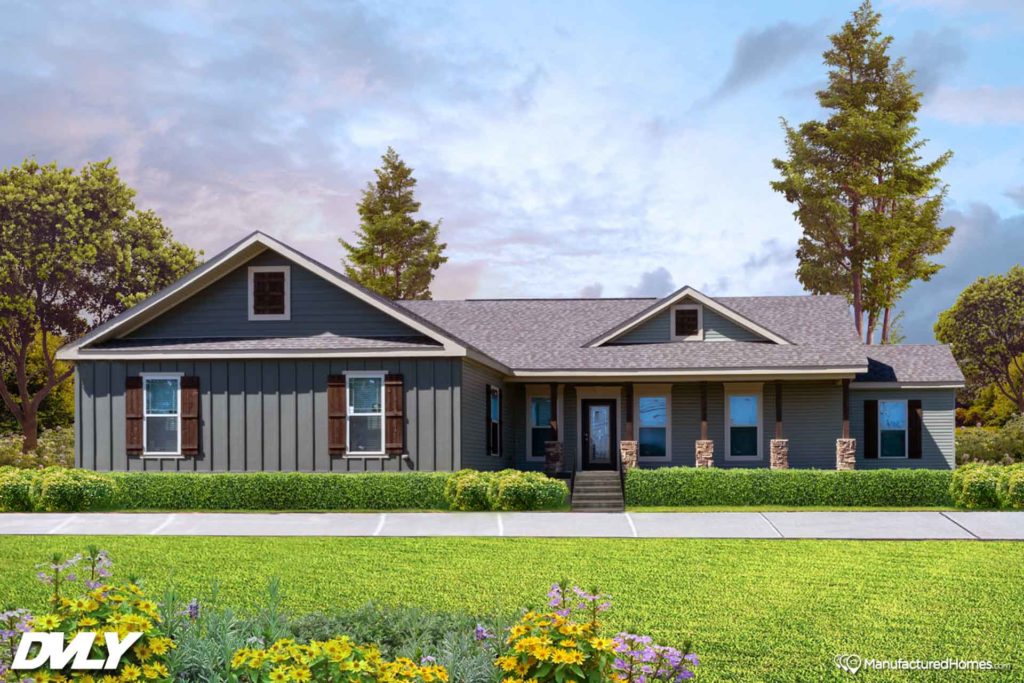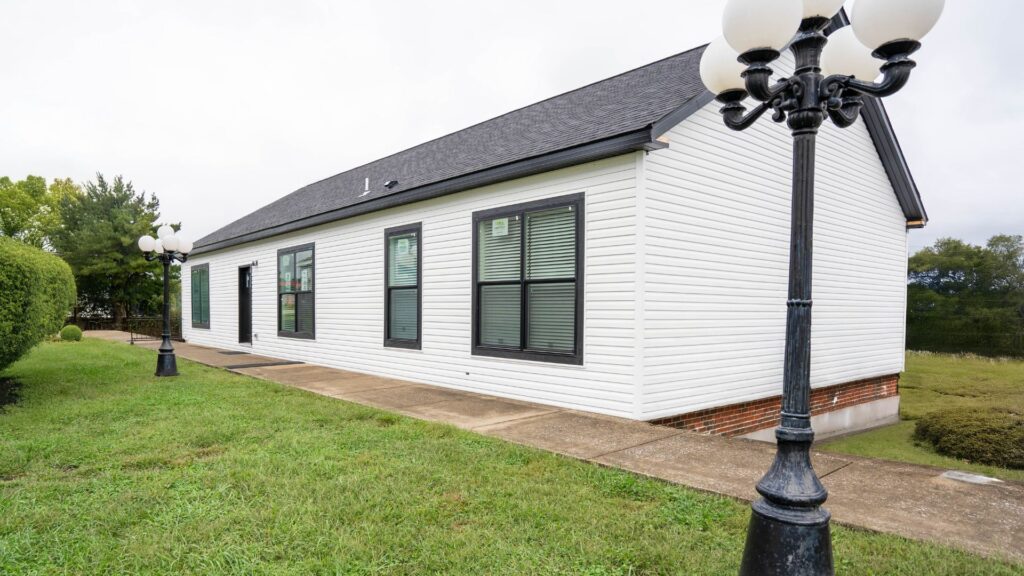The conventional route of on-site home construction can often be a long, unpredictable journey, riddled with delays, hidden costs, and the stress of managing multiple contractors. As the housing market continues to evolve, more and more people are exploring alternative building methods that promise efficiency and affordability.
Factory-built homes offer a myriad of advantages that traditional construction methods simply cannot compete with. From reduced timelines and lower labor costs to enhanced energy efficiency and consistent quality control, these homes are revolutionizing the way we think about construction.
Reduced Construction Timelines
One of the most significant benefits of factory-built homes is their expedited construction timeline. While on-site construction can take several months, or even longer, to complete due to weather delays and labor availability, factory-built homes are constructed in a controlled, indoor environment. This minimizes weather-related disruptions and allows for simultaneous site preparation and home assembly. As a result, homeowners can move into their new space significantly faster, often within a matter of weeks.
Lower Labor Costs
Modular homes can also drive down labor costs, which typically make up a substantial portion of construction expenses. In a factory setting, the construction process is streamlined, utilizing specialized workers who focus on specific tasks. This specialization elevates efficiency and reduces the amount of labor needed on-site. The savings can be quite significant, allowing homebuyers to allocate their budget toward other things.
Enhanced Energy Efficiency
Energy efficiency is a crucial consideration for modern homeowners. Factory-built homes are often designed with energy efficiency in mind, utilizing advanced building materials and techniques. Many factory-built homes incorporate energy-efficient appliances and smart home technologies as standard features. These innovations not only contribute to lower energy bills but also promote a sustainable lifestyle.
In addition to using high-quality materials, factory-built homes benefit from rigorous testing protocols. Every home undergoes inspections during the manufacturing process to ensure compliance with energy efficiency standards. This emphasis on quality control means that homeowners can rest assured that their investment will provide long-term savings on utility bills while contributing positively to the environment.
Consistent Quality and Build Standards
Quality control is another area where factory-built homes excel. Construction is conducted under strict regulations and quality guidelines in a factory setting, leading to more consistent results than on-site construction. Every component is manufactured to precise specifications and monitored for defects before being assembled, which reduces the likelihood of surprises or errors that can occur in traditional building processes.
This controlled environment also ensures that materials are protected from the elements during the construction phase, further maintaining their integrity. With factory-built homes, buyers can expect a level of quality that often surpasses that of conventional builds, resulting in fewer issues such as air leaks, draftiness, or structural weaknesses that can arise from exposure to moisture and temperature shifts. In a climate-controlled setting, builders can avoid many of the common pitfalls seen in traditional on-site construction, where rain, wind, and fluctuating temperatures can jeopardize both materials and workmanship.
Cost-Effectiveness and Affordability
One of the most compelling advantages of factory-built homes is their cost-effectiveness. The economies of scale achieved in mass production can significantly lower the overall cost of building a home. Factory-built homes often require less labor input and have lower material costs due to bulk purchasing, translating to savings for the homeowner.
Get Started Today
If you’re interested in learning more about modular homes, contact Family Dream Homes. We’re here to help with any questions you may have!



